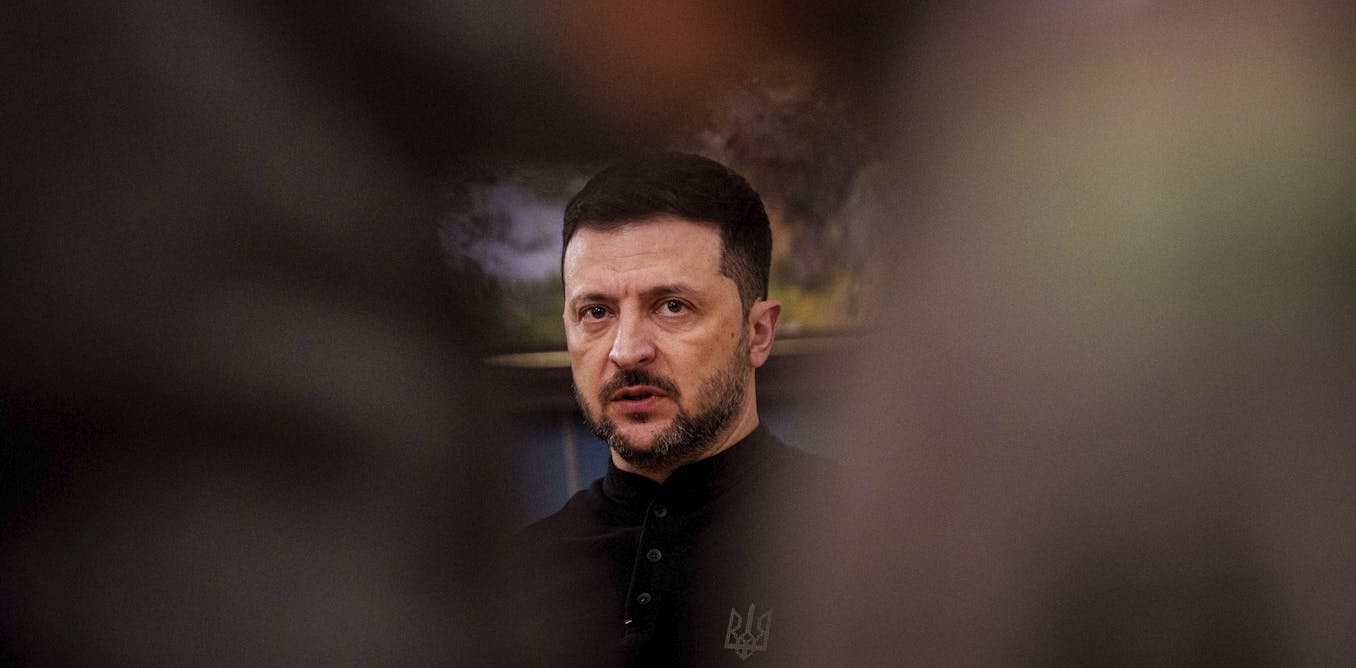
"In that conversation, I was defending the dignity of Ukraine, highlighting the importance of political courage in the face of adversity and criticism from powerful leaders."
"Courage might be called 'spiritedness': the ability to act boldly in adverse situations, emphasizing that true bravery goes beyond a simple mindset and requires action."
"Philosophers have explored political courage through the ages, with Plato and modern thinkers like Paul Tillich examining its necessity during turbulent times."
"Tillichâs notion of the 'courage to be' serves as a poignant reminder of the inner strength required to confront moral and political challenges."
The article reflects on the concept of political courage through the lens of Ukraine's President Volodymyr Zelenskyy's recent Oval Office visit. As he faced criticism from President Trump and Vice President Vance, Zelenskyy defended Ukraine's dignity while battling for ongoing support. The piece connects this to philosophical discussions on courage, referencing thinkers like Plato and Paul Tillich, who emphasize the necessity of steadfastness and bold action in adversity. Tillich's experiences in a tumultuous Europe highlight the profound challenges faced by leaders, underscoring the significance of courage in maintaining moral integrity during crises.
Read at The Conversation
Unable to calculate read time
Collection
[
|
...
]